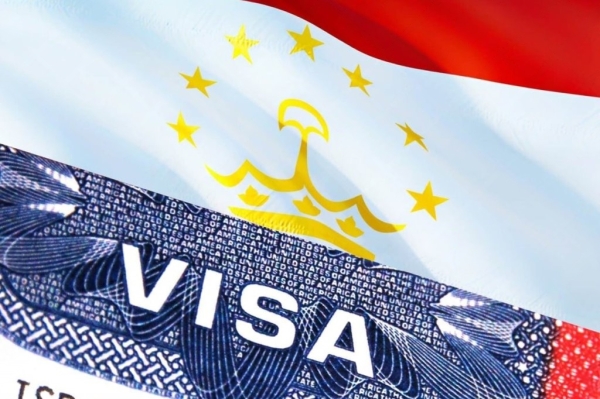
In 2024, Tajik citizens submitted 4,019 applications for Schengen visas — a near return to pre-pandemic levels — but visa denials continue to impose significant financial burdens.
According to Schengen Visa Statistics, Tajikistan ranked 93rd among more than 140 countries whose citizens applied for visas to enter Europe. While the total number of applications remains relatively modest, the figures signal a clear rebound in travel interest following the dramatic drop during the COVID-19 pandemic, when only 5,944 applications were filed over the entire 2020–2022 period.
The renewed demand is largely driven by family visits, academic pursuits, and business travel. Among European destinations, Germany remains the most sought-after, consistently receiving the highest number of visa applications not only from Tajik nationals but also from across Central Asia.
In 2024, citizens of Central Asian countries submitted over 278,000 Schengen visa applications in total: Kazakhstan – 179,446 (16th globally); Uzbekistan – 58,691 (35th); Kyrgyzstan – 28,061 (47th); Turkmenistan – 7,831 (78th); and Tajikistan – 4,019 (93rd).
Applying for a Schengen visa remains a gamble for many. In 2024, the global visa refusal rate was 14.56%, meaning nearly one in every seven applications was denied. The €80 visa fee is non-refundable, even in the case of rejection — a serious concern for applicants from low-income countries like Tajikistan.
Across all countries with visa requirements to the EU, applicants collectively lost over €136 million in visa fees due to denials in 2024. For Tajiks, whose visa applications often reflect important family, educational, or career plans, the financial impact of a refusal — and the potential need for repeated applications — is particularly heavy.
Denials are frequently linked to incomplete or inaccurate documentation, unclear travel purposes, or insufficient financial guarantees.
In 2024, the EU collected over €22 million in visa fees from just five Central Asian countries: Kazakhstan – €14.35 million; Uzbekistan – €4.69 million; Kyrgyzstan – €2.24 million; Turkmenistan – €626,000; and Tajikistan – €321,000
These figures do not account for discounted visa categories or multiple submissions after rejections, meaning the actual revenue is likely even higher.
As Schengen area countries continue to tighten controls while digitalizing migration procedures, citizens of countries like Tajikistan must navigate an increasingly costly and uncertain path toward travel to Europe.




